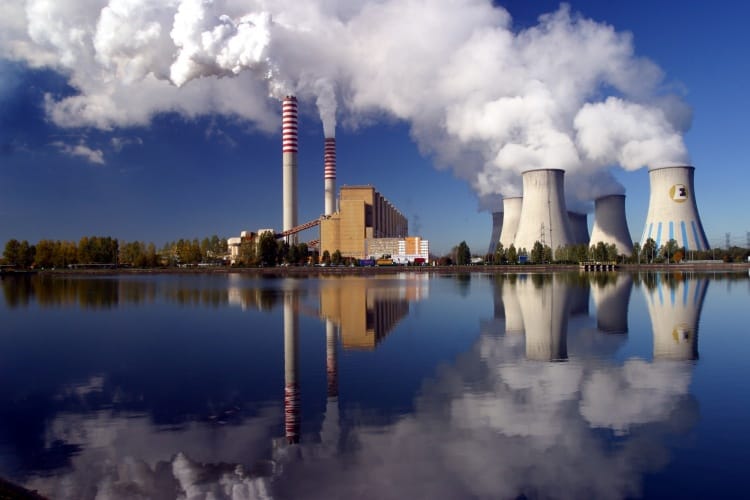The study, which is part of the Deep Decarbonization Pathway Project (DDPP), analysed different methods the UK could employ to decarbonise its energy system. It claims that fundamental changes are required in order to keep the UK on track for its emissions targets, such as decarbonising the power sector by 85-90 per cent by 2030, and introducing carbon capture and storage (CCS) on a wide scale for both power generation and industry.

The research - coordinated by the Institute for Sustainable Development and International Relations (IDDRI) and the Sustainable Development Solutions Network (SDSN) - also claims that direct use of fossil fuels in end use sectors must decrease by more than 70 per cent by 2050.
UK attempts to hit these targets are part of a wider programme to keep emissions below the level that would raise global temperatures above the internationally agreed upon 2 degrees Celsius. But according to the scientists involved in the study, radical shifts in policy are needed to achieve this.
“Without a sustained and strong policy push that increases year on year in ambition, the delivery of low carbon technologies at the necessary scale will not be achieved,” said Steve Pye from the UCL Energy Institute, lead author of the report.
“Carbon emissions need to halve by 2030 to 4 tCO2/capita, and reduce to less than 1 tCO2/capita by 2050. For this, the UK needs policies now that realise the full low cost energy efficiency potential in buildings, ensure the rapid deployment of low carbon generation technologies such as CCS, and prepare for the roll-out of low emissions vehicles in the transport sector and alternative, non-gas based heating systems for homes.
”With radical change required on a global scale, the researchers believe that strong leadership is needed from countries with the knowledge base and skills to deliver decarbonisation and the development of low carbon technologies.

“The UK is in a position to play a strong role in international engagement on reducing carbon emissions by cooperating on developing low-carbon technologies and setting an example to other countries by implementing ambitious policies that direct towards a low carbon future,” said report co-author Professor Neil Strachan, also from the UCL Energy Institute.
Though the targets listed are undoubtedly tough, even stonger action than that outlined in the report may be needed to keep emissions below the recommended levels, according to Pye.
“Despite the 2050 target already being challenging, the UK may need to be even more ambitious with actions taken prior to 2050, as evidence shows that a net zero emissions global energy system is likely to be required by the 2070s to limit global warming,” he said.

AI-generated medical responses need monitoring, study finds
This would negate most of the benefit of using AI in the first place, rather like the Locomotive Act 1865 that required any self-propelled road...